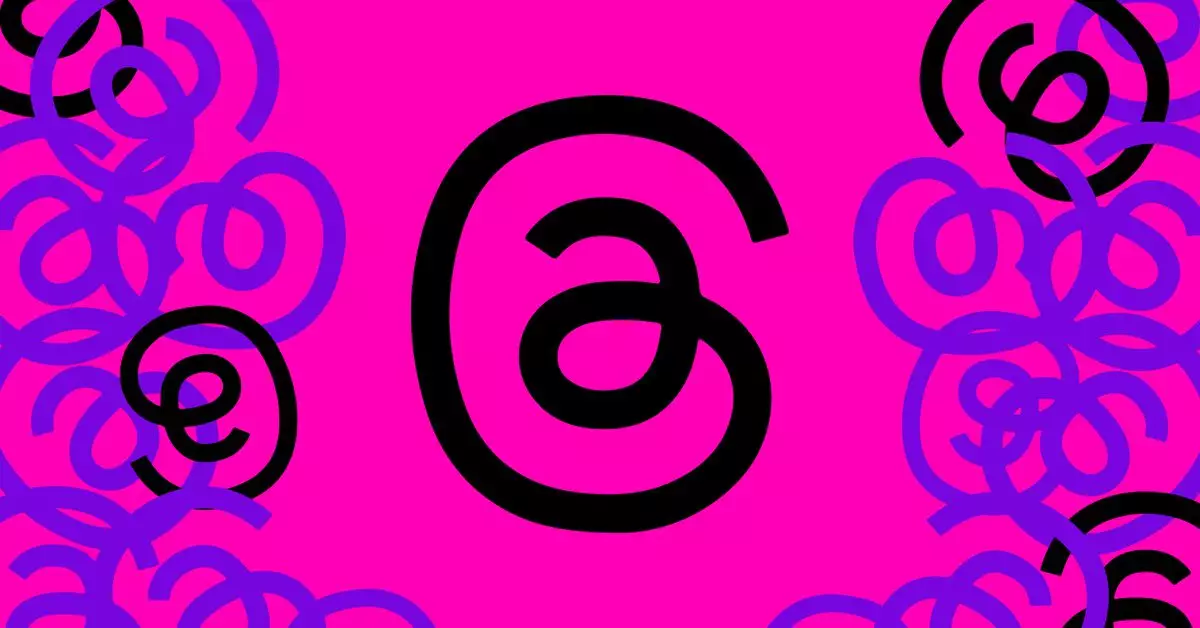Meta’s long-awaited Threads API has finally been launched, promising developers the ability to create unique integrations for the platform. This move opens up the possibility of third-party apps that could potentially rival Twitter. But is this really a game-changer, or just more of the same in the tech world?
Overview of the Threads API
According to Jesse Chen, director of engineering at Threads, the API allows developers to perform a variety of tasks such as publishing posts, fetching content, managing replies, and accessing key insights into post engagement. These features have been highly requested by users and developers alike, indicating a strong demand for this type of functionality.
Meta has provided extensive documentation to help developers get started with the Threads API, along with an open-source sample app on GitHub. The company has also conducted testing with a select group of developers, including Grabyo, Hootsuite, and Sprout Social, to explore potential integrations and automation possibilities. These early tests have shown promising results, but the real test will be whether developers can create standalone Threads apps independent of social media management platforms.
One key factor that could influence the success of third-party Threads apps is the current beta of the fediverse integration. This feature allows users to access Threads posts through Mastodon clients and share content to Mastodon servers. While this integration is a step in the right direction, it still lacks essential features such as viewing replies and follows from the fediverse. As a result, it is not yet a viable alternative to standalone Threads apps.
The launch of the Threads API by Meta holds significant potential for developers looking to create unique integrations and third-party apps for the platform. However, the success of these apps will ultimately depend on how well they can differentiate themselves from existing social media management platforms and whether they can provide a seamless user experience. The fediverse integration is a promising start, but further enhancements will be needed to reach feature parity with standalone Threads apps. Only time will tell if the Threads API is truly a game-changer in the world of social media platforms.


Leave a Reply